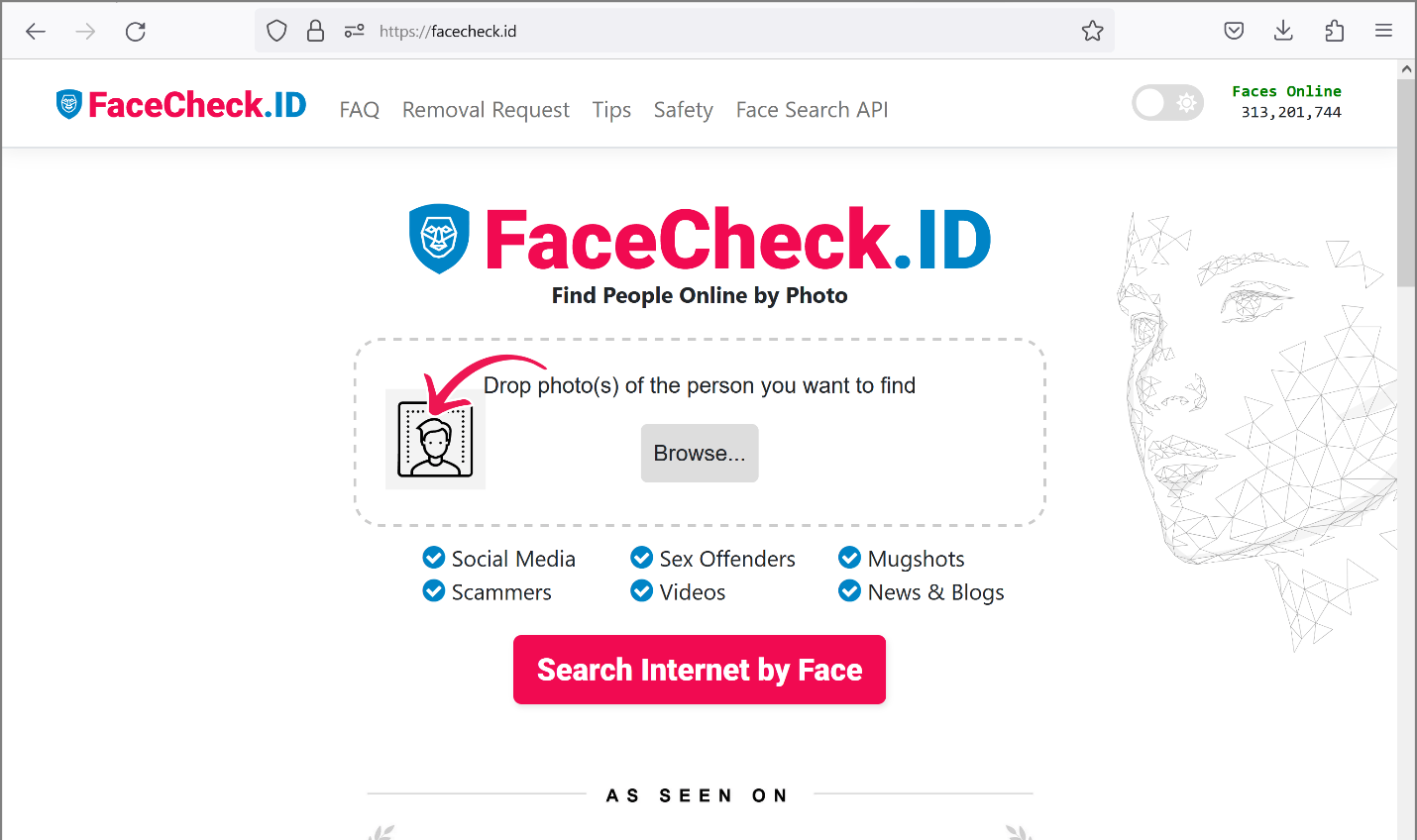Web hosting control panels, like the ispmanager control panel for website administration, are essential automation tools for website owners and system administrators to manage their websites straightforwardly. However, you may find it challenging to choose the right one that suits your website’s needs from the control panel options available.
We have compiled a list of the seven (7) most popular web hosting control panels, including cPanel, Plesk, DirectAdmin, ISPConfig, Virtualmin, Webmin, and ispmanager. Further, we will explore the flexible features, strengths, and weaknesses of the control panels and provide recommendations based on different website needs to guide your decision-making and help you find the perfect control panel.
7 Most Popular Web Hosting Control Panels
-
cPanel
cPanel is the most popular web hosting control panel in the market, trusted by millions of website owners and hosting providers. It offers a user-friendly interface and allows you to administer your website’s files, databases, domains, email accounts, and more. With cPanel, you can easily install popular web applications like WordPress, Joomla, and Drupal.
The control panel also provides advanced features such as SSL certificate management, backup and restore tools, and spam protection. However, cPanel can be a bit pricey, and some users have reported performance issues when handling large websites.
-
Ispmanager
Ispmanager is a popular web hosting control panel for managing web hosting and VPS services. It offers a simple and intuitive user interface that allows you to perform website administration tasks without stress. Ispmanager also provides advanced, robust, and flexible features similar to Plesks.
One of the main advantages of ispmanager is that you do not need to spend additional money on the module like in Plesk. Everything you need – is just to pay an ispmanager.
-
Plesk
Plesk is another popular web hosting control panel that offers a wide range of flexible features and functionality. It is a good alternative to cPanel, especially if you manage multiple websites and large databases. Plesk also offers a simple and intuitive user interface to eliminate the headache of managing websites without a control panel.
It also provides advanced features such as WordPress toolkit, Git integration, and website staging. Plesk is available for both Linux and Windows-based servers, making it a versatile choice for different hosting environments. However, some users have opined that the interface can be a somehow overwhelming and confusing, especially for beginners.
-
DirectAdmin
DirectAdmin is a lightweight and affordable web hosting control panel gaining popularity among website owners and hosting providers. DirectAdmin supports a variety of operating systems, including Linux, FreeBSD, and CentOS, and can be installed on a virtual private server (VPS) or a dedicated server.
Further, the control panel is known for its ease of use, simplicity, and speed, making it a popular choice for web hosting providers and their clients. Another advantage of DirectAdmin is its low resource usage, which makes it ideal for low-end servers or websites with low traffic. However, some users have reported that the interface looks outdated.
-
ISPConfig
ISPConfig is a free and open-source web hosting control panel that provides a web-based interface and offers several flexible features and functionality to enable users to administer various aspects of their hosting account. In addition, ISPConfig is designed to run on a Linux server and supports various Linux distributions, such as Debian, Ubuntu, CentOS, and Fedora.
You can install it on a virtual private server (VPS) or a dedicated server. Further, its modular architecture allows users to choose which services they want to enable on their server. A primary advantage of ISPConfig is its modularity, which allows you to install and configure only the services you need. However, some users have argued that the installation process is be a bit complex and time-consuming.
-
Virtualmin
Virtualmin is a web hosting control panel runs on Linux servers and is designed for virtual private servers (VPS) and cloud hosting. Virtualmin is based on the open-source web hosting control panel, Webmin. It supports various Linux distributions, such as CentOS, Debian, Ubuntu, and Red Hat Enterprise Linux. It can be installed on a virtual private server (VPS) or a dedicated server.
Virtualmin supports multiple virtualization technologies, including OpenVZ, Xen, and KVM. It also offers a wide range of third-party add-ons, plugins and modules that can extend its functionality. For instance, Virtualmin supports SpamAssassin, a popular anti-spam software, and AWStats, a web analytics software. It also provides a robust API that allows users to automate and customize their hosting environment.
-
Webmin
Webmin is a web-based system administration tool for Unix-like operating systems. It provides a graphical user interface (GUI) that allows system administrators to administer their servers and other systems through a web browser. With Webmin, you can perform a wide range of administrative tasks, such as managing user accounts, configuring network settings, setting up and managing file systems, managing services, and configuring security settings.
Moreover, the control panel includes some modules for popular services such as Apache, MySQL, and Postfix that you can administer through the Webmin interface. Webmin is written in Perl, and you can install it on most Unix-like systems, including Linux, FreeBSD, and Solaris. It is open-source software and is released under the BSD license.
Summary
Choosing the right web hosting control panel is an important decision that can significantly impact your website’s performance and user experience. Each control panel on this list offers unique flexible features, strengths, and weaknesses. Therefore, it is crucial to carefully evaluate your website’s needs and choose the control panel that best suits them.
Perhaps you ask for our recommendation. If you are new to web hosting or want a user-friendly interface, cPanel or Plesk may be the best option. If you are on a budget or have low resource requirements, DirectAdmin or ISPConfig may be a good choice. For VPS or cloud hosting, Virtualmin or Webmin may be the best option. Moreover, if you want a robust and flexible control panel, ispmanager may be the ideal choice. You will thank us later!








Add Comment